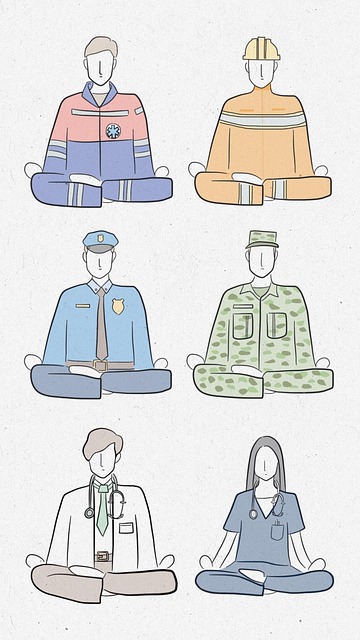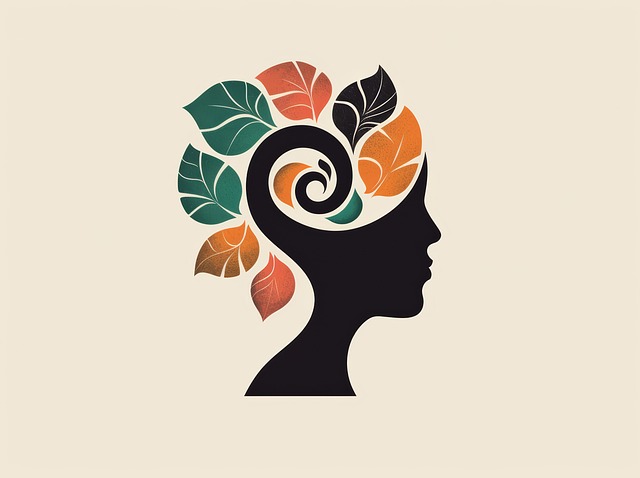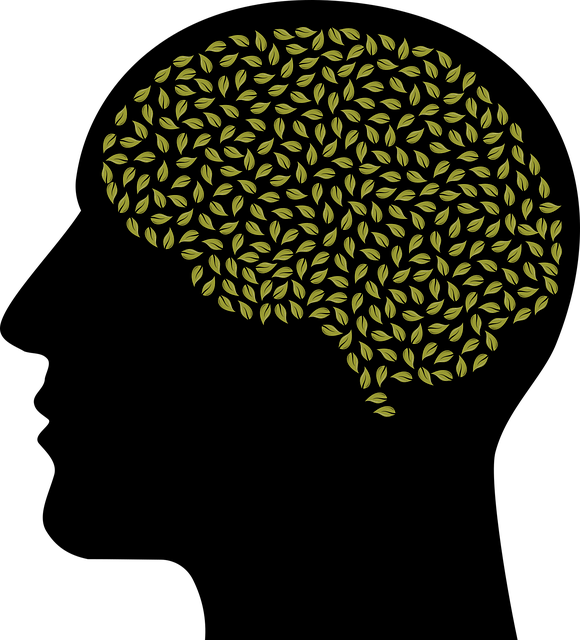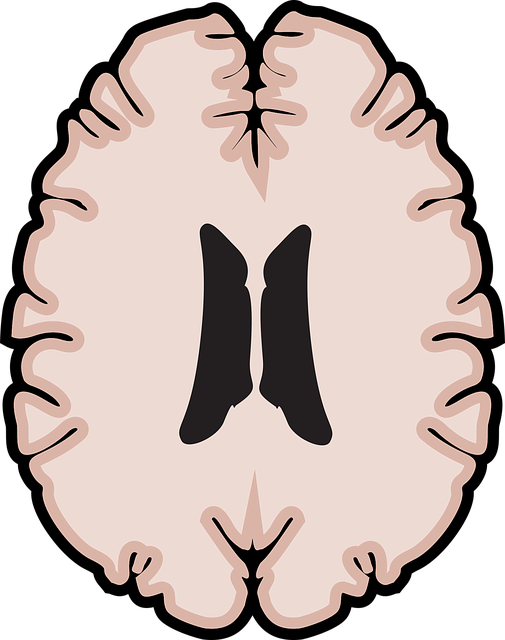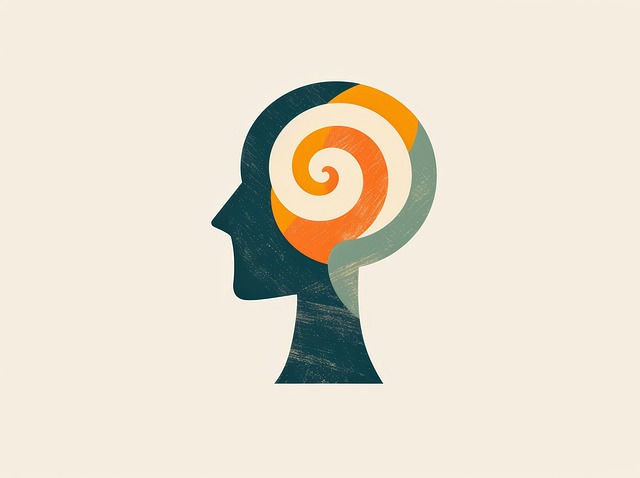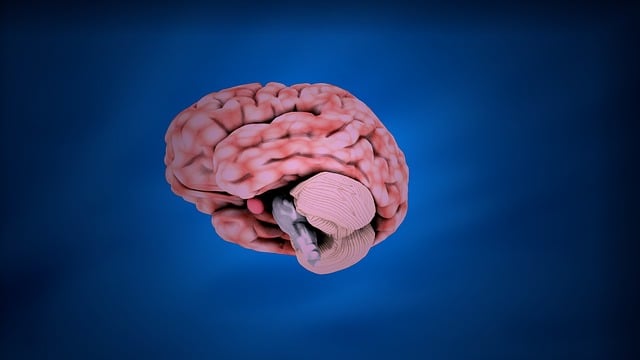In Greenwood Village, blended families face unique mental health challenges due to complex dynamics like step-parents and half-siblings. Specialized therapy tailored for these families is crucial, focusing on open communication, relationship strengthening, and coping strategy teaching. Therapists use holistic approaches, including risk assessment, self-awareness exercises, and cultural sensitivity, to address individual needs accurately diagnosing and treating mental health issues. This personalized care aims to enhance mental wellness, prevent depression, and empower family members with emotional regulation tools.
Mental illness diagnosis accuracy is paramount, especially within the unique dynamics of blended families. This article explores the challenges and offers solutions to improve diagnostic practices. We delve into the complex factors affecting mental health assessments in these families, including stigma, cultural nuances, and individual differences. Introducing Greenwood Village Blended Families Therapy, a holistic approach leveraging family systems theory and evidence-based practices. Furthermore, we discuss enhancing assessment methods, emphasizing qualitative data and observation, and the critical role of continuous professional development for practitioners navigating this complex landscape.
- Understanding Mental Health Diagnosis Challenges in Blended Families
- – Exploring unique complexities of mental illness within blended families
- – Barriers to accurate diagnosis: Stigma, cultural nuances, and individual differences
- Greenwood Village Blended Families Therapy: A Holistic Approach
Understanding Mental Health Diagnosis Challenges in Blended Families

In Greenwood Village, blended families often face unique challenges when it comes to mental health diagnosis and treatment. With step-parents, half-siblings, and varying living arrangements, these households can introduce complex dynamics that impact an individual’s emotional well-being. The process of understanding and addressing mental wellness issues within such families requires a nuanced approach, as what works for one member might not apply to another. For instance, children in blended families may struggle with adjusting to new routines, coping with changes in their environment, or managing feelings of exclusion, which can lead to difficulties in emotional regulation.
Therapy plays a pivotal role in helping these families navigate mental health challenges. Through family therapy sessions tailored for blended families, therapists in Greenwood Village can foster open communication, build stronger relationships, and teach effective coping strategies. By addressing the specific needs of each family member, therapy aims to enhance overall mental wellness and prevent issues like depression. This holistic approach ensures that every individual feels supported, understood, and empowered to manage their emotional regulation effectively.
– Exploring unique complexities of mental illness within blended families

In Greenwood Village blended families, mental illness diagnosis accuracy can be significantly impacted by the unique complexities that arise from these family structures. Stepparents and stepchildren may experience different forms of trauma, stress, or emotional challenges, which can overlap or mask symptoms of underlying mental health conditions. For instance, a child in a blended family might struggle with adjustment issues, anxiety, or depression, but these could be secondary to the disruption of their original family dynamic, making diagnosis intricate.
Therapy specifically tailored for blended families becomes crucial in navigating these complexities. Mental health professionals in Greenwood Village are increasingly incorporating specialized techniques that consider the unique needs of these families. This includes risk assessment tools designed to identify potential mental health risks within blended families, as well as self-awareness exercises and self-esteem improvement activities that help each family member process their individual and shared experiences. Such personalized approaches can lead to more accurate diagnoses and effective treatment plans for everyone involved.
– Barriers to accurate diagnosis: Stigma, cultural nuances, and individual differences

Diagnosing mental illness accurately is a complex task, often hindered by several barriers that prevent individuals from receiving the appropriate care. Stigma remains a significant challenge, as societal misconceptions and fear can deter people from seeking help. This issue is particularly relevant for diverse communities, where cultural nuances might influence how symptoms are perceived and expressed. For instance, what is considered normal behavior within one culture could be indicative of distress in another.
Greenwood Village Blended Families Therapy recognizes these barriers and aims to improve diagnosis accuracy by addressing stigma and cultural sensitivities. They offer therapeutic approaches such as Stress Reduction Methods and Compassion Cultivation Practices, which have proven effective in managing symptoms associated with anxiety and related disorders. By fostering a non-judgmental environment and incorporating tailored strategies, therapists can help individuals from all backgrounds overcome these barriers, leading to more precise diagnoses and ultimately, better mental health outcomes, including Anxiety Relief.
Greenwood Village Blended Families Therapy: A Holistic Approach

Greenwood Village Blended Families Therapy offers a unique and holistic approach to mental health treatment, specifically tailored for families navigating complex dynamics. This innovative practice recognizes that mental illness within a family system is often interconnected and influenced by various factors. By providing a supportive environment, therapists facilitate open communication, helping family members understand their roles and emotions. The therapy sessions encourage active participation from all ages, fostering empathy and strengthening familial bonds.
This approach goes beyond traditional individual therapy, integrating burnout prevention strategies for healthcare providers to ensure the well-being of those offering support. Conflict resolution techniques are also honed, enabling families to address underlying issues constructively. Moreover, cultural sensitivity in mental healthcare practice is a cornerstone, ensuring that diverse family structures and backgrounds are respected and considered during treatment.
Mental illness diagnosis accuracy has long been a complex issue, especially within blended families where unique challenges arise from cultural nuances and individual differences. Stigma remains a significant barrier, but innovative approaches like Greenwood Village Blended Families Therapy offer hope. By taking a holistic view, this therapy method aims to navigate the complexities of mental health in these families, ensuring more accurate diagnoses and improved support for all members.
